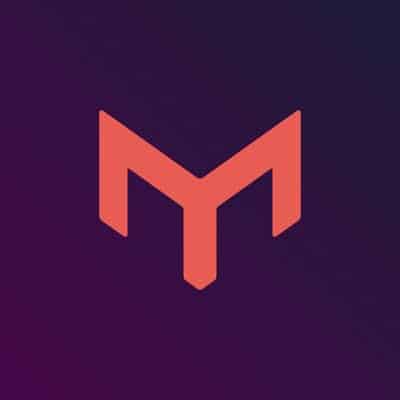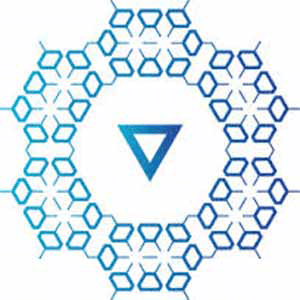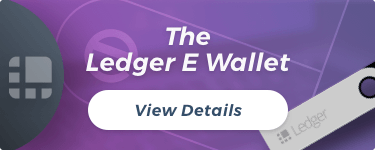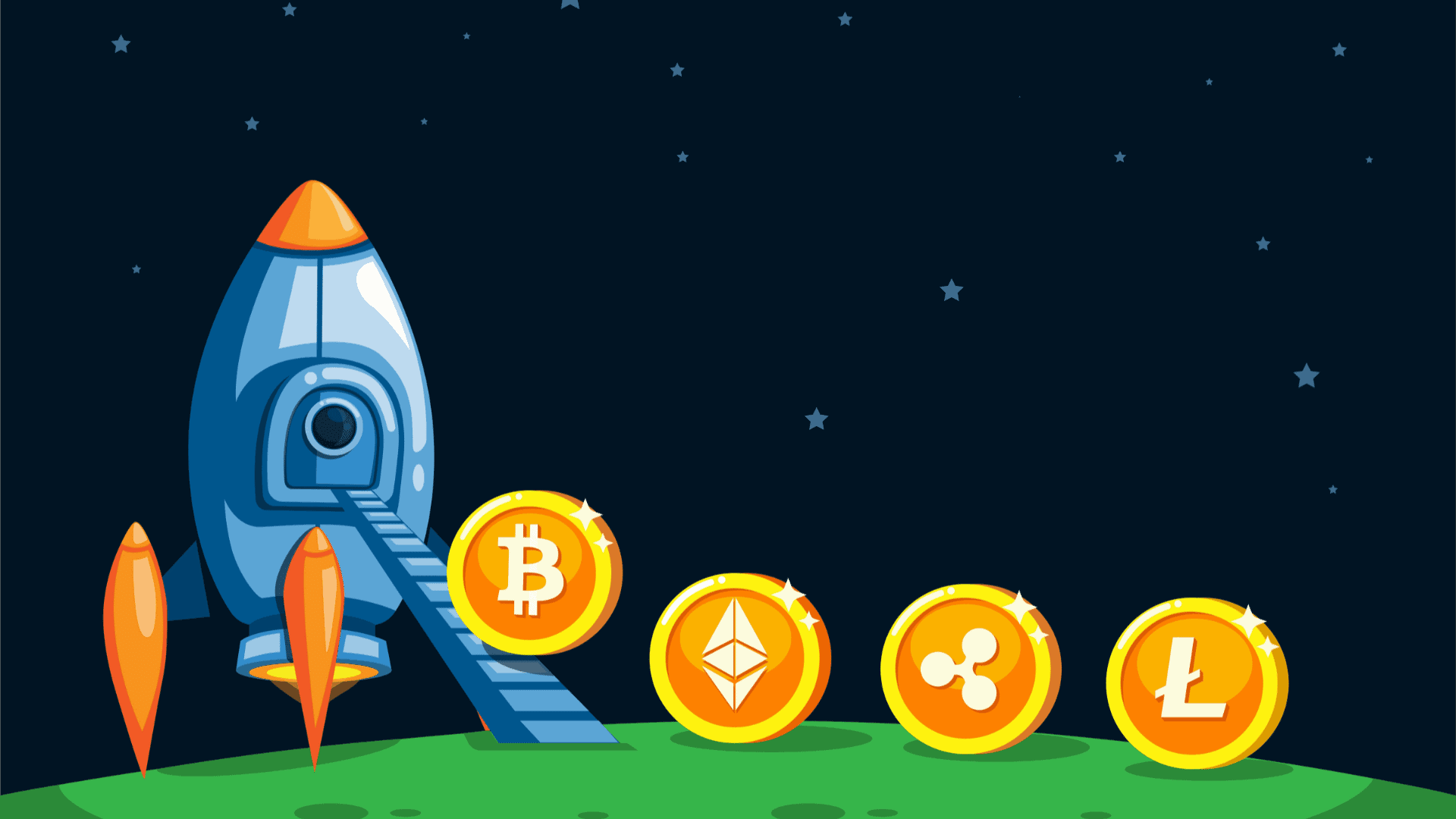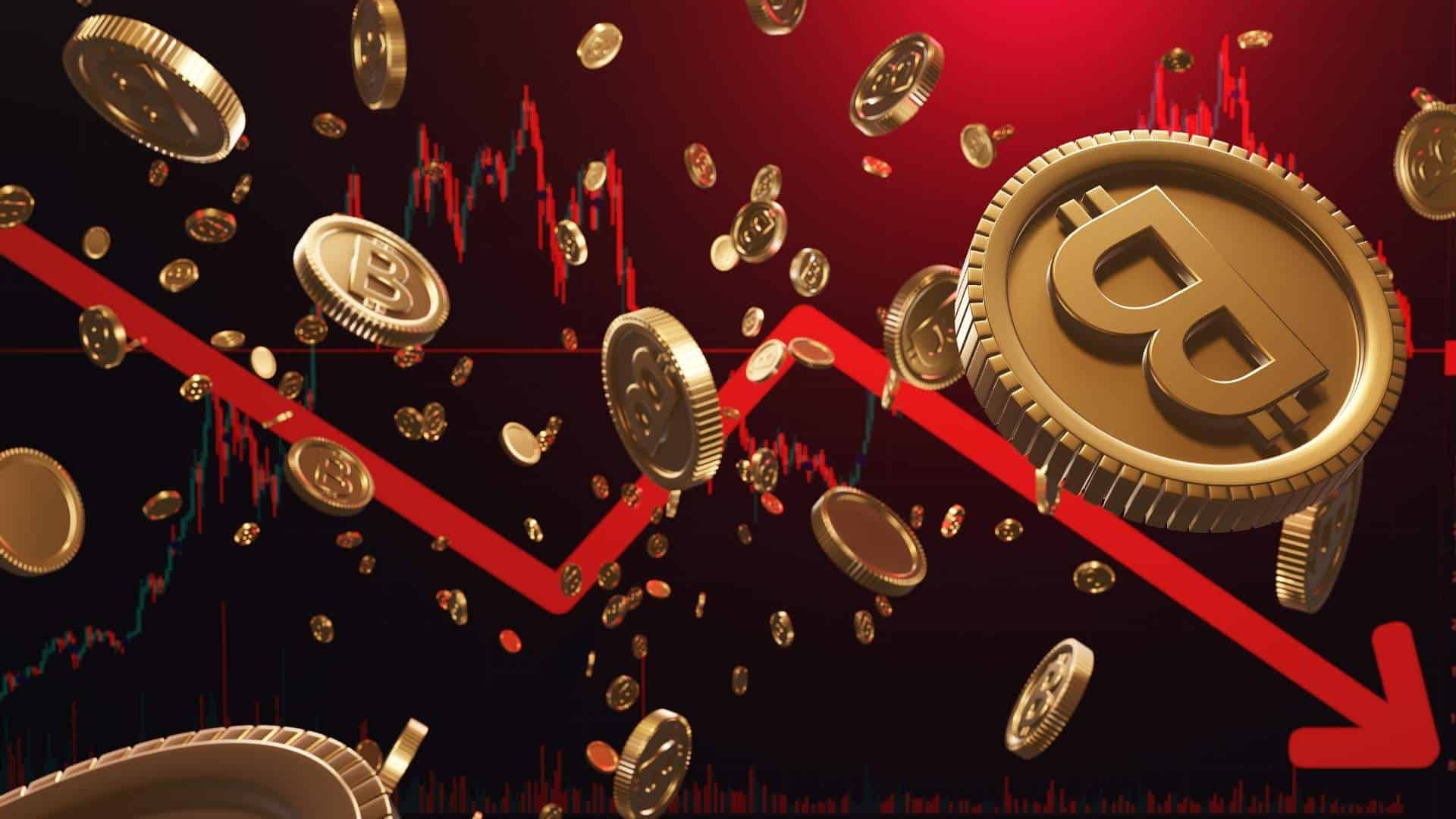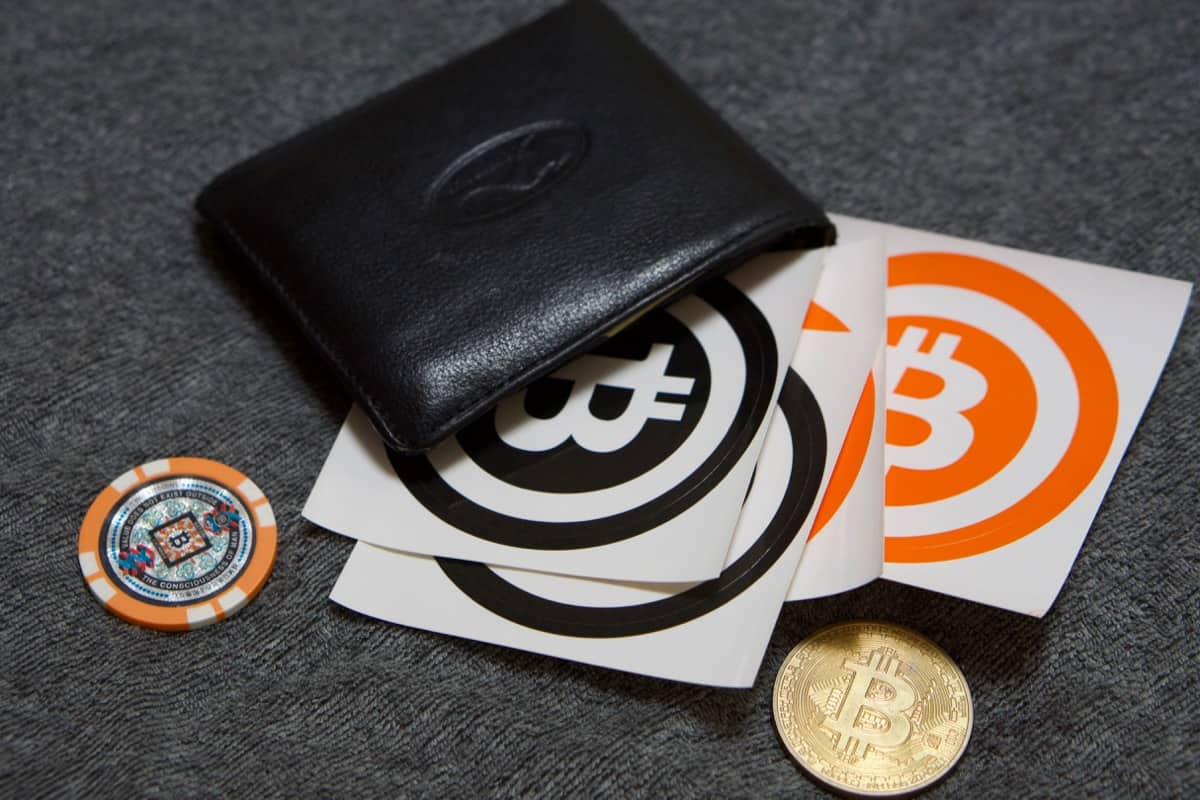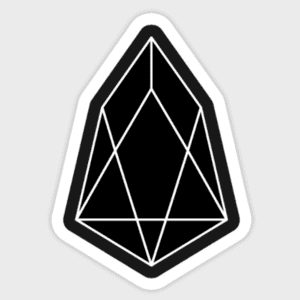
EOS (EOS)
| Market Cap | Volume | Last Trade |
|---|---|---|
EOS Details
| Built On | Launch Date | Proof Type | Max Supply | Circulating Supply | Website |
|---|---|---|---|---|---|
| 0 | 0 | NO | Platform | Block Reward | Block Time | Block Number | Net Hashes Per Sec | EOS |
| 0 | 0 | Trade |
EOS (EOS) price today is $0.0000000 USD. Trading volume was 0.00 EOS in the last 24 hours. Current market cap of EOS is $0 USD. EOS has a circulating supply of 0 EOS coins out of a maximum supply of 0 EOS coins.
An In-Depth Look at EOS (EOS)
What is EOS (EOS) and how does it work?
Overview
EOS (EOS) is a decentralized blockchain platform designed to support large-scale applications. It was launched on July 1, 2017, and has since established itself as one of the leading platforms for the development and execution of smart contracts and decentralized applications (dApps). EOS's primary focus is on scalability, speed, and usability, with an aim to become a complete solution for businesses and individuals to build blockchain-based applications.
EOS.IO, the protocol that powers the EOS network, operates like a decentralized operating system, allowing developers to build applications on the platform. The EOS token serves as the native cryptocurrency for the EOS network and is used for governance, bandwidth, and storage on the platform.
Technical Aspects
At the core of EOS's functionality is the Delegated Proof-of-Stake (DPoS) consensus algorithm. Unlike Proof-of-Work (PoW) and Proof-of-Stake (PoS) systems, DPoS allows EOS token holders to vote for validators, who are responsible for verifying transactions and maintaining the network's stability and security. This approach is designed to provide scalability and flexibility, as well as to prevent any single entity from controlling the network.
EOS also features a unique resource allocation system. Rather than charging transaction fees, EOS allocates resources proportionally to the stake that users hold in EOS tokens. This means that if a user owns 1% of the EOS tokens, they can utilize up to 1% of the total resources on the EOS network.
Another key feature of EOS is its support for inter-blockchain communication. This allows for the potential scalability of EOS to millions of transactions per second by running multiple parallel blockchains, or "sidechains," that are all connected to the main EOS blockchain.
Team
The EOS project was initiated by Block.one, a blockchain-focused software company. It was co-founded by Brendan Blumer and Daniel Larimer. Brendan Blumer, the CEO, is an entrepreneur with a history of building successful companies in the blockchain space. Daniel Larimer, the CTO, is a well-known figure in the cryptocurrency world, having previously founded BitShares and Steem.
The EOS ICO was one of the largest in history, raising a total of $4 billion. This was facilitated by a year-long token sale, which allowed for a broad distribution of tokens and helped to create a large and diverse community of supporters.
Among the project's partners and investors, EOS boasts notable names such as Galaxy Digital, a leading cryptocurrency investment firm led by Mike Novogratz, and Fenbushi Capital, one of the first venture capital firms to invest solely in blockchain-enabled companies.
By leveraging a strong team, innovative technology, and a broad community of supporters, EOS aims to establish itself as a leading platform for developing and deploying decentralized applications.
How Does EOS (EOS) Make Money?
EOS is a blockchain-based, decentralized system that allows the development, hosting, and execution of commercial-scale decentralized applications (dApps) on its platform. It operates similarly to a decentralized operating system, hence the name EOS. But how exactly does EOS generate revenue? Let's delve further.
Transaction and Gas Fees
Unlike other cryptocurrencies such as Bitcoin and Ethereum, EOS does not charge its users transaction fees. However, those who wish to develop on the EOS network are obligated to buy EOS tokens to pay for the resources they consume, including bandwidth, log storage, and computational time. The more resources a developer requires, the more EOS tokens they must hold.
Block Producers
EOS employs a delegated proof-of-stake (DPoS) consensus mechanism, where only 21 chosen block producers can generate and validate blocks. These block producers are compensated with EOS tokens for their services, which are then circulated back into the EOS ecosystem.
Inflation
EOS has a built-in annual inflation rate of 5%, which is used for network development and rewarding block producers. This inflation acts as a continuous source of income for the EOS network.
How Can I Make Money with EOS?
EOS has a lot of potential for those who are interested in the world of cryptocurrency. Here's how you can make money with EOS.
Buying and Holding
One of the simplest ways to make money with EOS is by buying the EOS token during a low market cycle and holding onto it until its value rises. The value of EOS, like other cryptocurrencies, fluctuates due to various factors such as market demand, investor sentiment, and technological advancements. Therefore, it is crucial to conduct thorough research and stay updated with the latest news.
Staking
EOS holders can stake their tokens to earn passive income. Staking involves locking up your EOS tokens for a certain period to help secure the network and validate transactions. In return, stakers are rewarded with additional EOS tokens. The amount of rewards received depends on the number of tokens staked and the length of time they are held.
Developing dApps
If you are a developer, you can make money by creating decentralized applications (dApps) on the EOS platform. Since EOS is designed to support commercial-scale dApps, there's a significant opportunity to earn revenue from the users of your dApp.
Trading
Lastly, you can make money by trading EOS on various cryptocurrency exchanges. Trading involves buying EOS tokens at a lower price and selling them when the price increases. However, trading requires a good understanding of the market and can be risky, so it's best suited for experienced traders.
In conclusion, EOS provides a plethora of opportunities for enthusiasts and investors to generate income. However, like any other investment, it's important to do your own research and understand the risks associated with investing in cryptocurrencies.
How Can I Buy EOS (EOS)?
In the rapidly growing world of cryptocurrencies, EOS has emerged as a powerful contender. Buying EOS, like any other cryptocurrency, involves a few steps. Here's a step-by-step guide on how to go about it.
Create an Account on Binance
The first step to purchasing EOS is to create an account on a cryptocurrency exchange. Binance is one of the largest and most trusted cryptocurrency exchanges in the world, making it an excellent choice. Visit the Binance website and click on 'Register' to create a new account.
Verify Your Account
After creating your account, the next step is to verify it. Binance may require you to submit some identification documents for this purpose. This KYC (Know Your Customer) process is a standard practice among most reputable cryptocurrency exchanges.
Secure Your Account
Next, ensure the security of your Binance account. Set up two-factor authentication (2FA) to add an extra layer of security. Remember, the safety of your digital assets is in your hands.
Deposit Fiat or Cryptocurrency
Once your account is secure, you can deposit funds into it. You can either deposit fiat money like USD, EUR, etc., or deposit other cryptocurrencies like Bitcoin or Ethereum, which you can later trade for EOS.
Buy EOS (EOS)
Now that your account is funded, you can proceed to buy EOS. Go to the Binance trading platform, select the appropriate trading pair (like EOS/USD or EOS/BTC), enter the amount of EOS you want to buy, and click 'Buy EOS.'
Store Your EOS in a Secure Wallet
After purchasing EOS, it's advisable to move your coins to a secure wallet. Storing your EOS on an exchange can be risky due to potential hacks. Move your EOS coins to a secure wallet where you control the private keys.
For a more detailed guide on how to buy EOS, you can visit this page.
What are the Best Wallets for EOS?
Storing your EOS in a secure wallet is crucial for the safety of your investment. Choosing the right wallet depends on your needs and preferences. Here are some of the best wallets for EOS.
Ledger Nano S
The Ledger Nano S is a hardware wallet, meaning it stores your EOS offline, keeping it safe from online hacks. It's compact, easy to use, and supports a wide range of cryptocurrencies.
Trezor Model T
Trezor Model T is another excellent hardware wallet. It provides excellent security features, including a secure PIN and recovery seed. The Trezor Model T supports EOS among many other cryptocurrencies.
Exodus
If you prefer a software wallet, Exodus is a great choice. It's a desktop and mobile wallet that supports EOS and many other cryptocurrencies. Exodus also has an in-built exchange for trading cryptocurrencies.
SimplEOS
SimplEOS is a wallet made specifically for EOS. It's designed by EOS Rio, a block producer candidate. SimplEOS is a desktop wallet that is fully integrated with all features available in the EOS.IO software.
Choosing the right wallet for your EOS coins depends on your specific needs. Whether you prefer a hardware or software wallet, always remember to keep your private keys safe.
How Can I Find More EOS (EOS) News?
In the swiftly changing world of cryptocurrencies, staying up-to-date with the latest news is essential. For those interested in EOS (EOS), there are several reliable sources to keep you in the loop about its developments, performance, and other important updates.
EOS Website
The official EOS Website is a comprehensive source of information that details everything you need to know about the EOS blockchain. It offers a wide spectrum of content ranging from the network's latest updates, technical specifications, and features, to its future plans. Whether you're an investor, developer, or simply a blockchain enthusiast, the EOS website is a must-visit.
EOS Whitepaper
For a more in-depth understanding of EOS, its Whitepaper is highly recommended. The whitepaper is a detailed document that explains the technology behind EOS, its functionality, and its potential impact on the blockchain industry. It's a valuable resource for anyone who wants a deeper insight into EOS's infrastructure and vision.
EOS Twitter
The EOS Twitter account is another excellent resource to keep track of the latest news and developments. From major announcements to performance updates, it delivers timely and accurate information straight from the EOS team. Following their Twitter account will ensure you never miss an update.
EOS Reddit
Lastly, the EOS subreddit is a vibrant community of EOS enthusiasts, investors, and developers. Here, you can engage in discussions, ask questions, share news, and gain insights from other members of the EOS community. It's a great place for in-depth discussions and real-time updates from a diverse range of perspectives.
Coins Similar to EOS (EOS)
If you're interested in EOS, you may also want to explore similar cryptocurrencies. Here are a few that offer unique features and have shown promising potential in the market.
Fantom
Fantom is a high-performance, scalable, and secure smart-contract platform. It is designed to overcome the limitations of previous generation blockchain platforms. Fantom is rapidly gaining recognition for its potential to revolutionize industries with its innovative technology. To learn more about Fantom and its advancements, visit their page.
MultiversX
MultiVersX, also known as MVX, is an emerging blockchain platform aiming to connect the real and virtual worlds through its unique technology. It offers a variety of features including a decentralized exchange, a multi-chain wallet, and a virtual reality platform. For more information about MultiversX and its offerings, feel free to visit their page.
Stacks
Stacks, formerly known as Blockstack, is a decentralized computing network that puts users in control of their data and identity. It aims to build a new internet for decentralized apps where users own their data directly. Check out their page to find out more about this innovative project.
Algorand
Algorand is a pure proof-of-stake blockchain platform that seeks to deliver decentralization, scale, and security for all participants. Its focus on simplicity and its commitment to delivering a high level of performance have garnered it a lot of attention in the crypto world. Visit their page for more details about their technology and vision.
EOS Markets
| Rank | Exchange | Country | Coin Types | Fees | Trade |
|---|---|---|---|---|---|
| 1 |
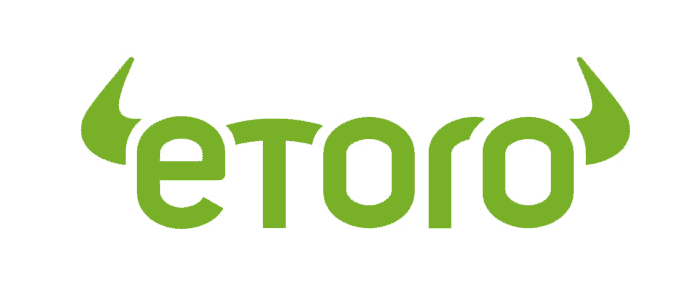 Etoro
Etoro
|
Cyprus | 34 Currencies including EOS | 0,10% > 1% | More info |
| 2 |
 Crypto.com
Crypto.com
|
Hong Kong | 287 Currencies including EOS | 0.04% - 0.4% | More info |
| 3 |
 Coinbase
Coinbase
|
US | 241 Currencies including EOS | 1,49% > 3,99% | More info |
| 4 |
 Binance
Binance
|
Cayman Islands | 366 Currencies including EOS | 0,10% | More info |


